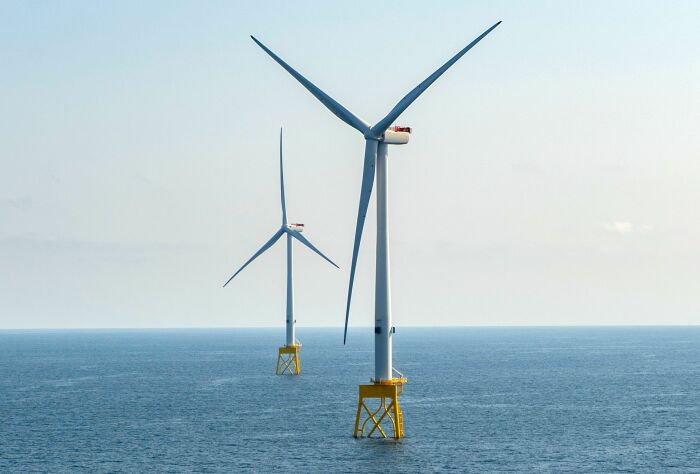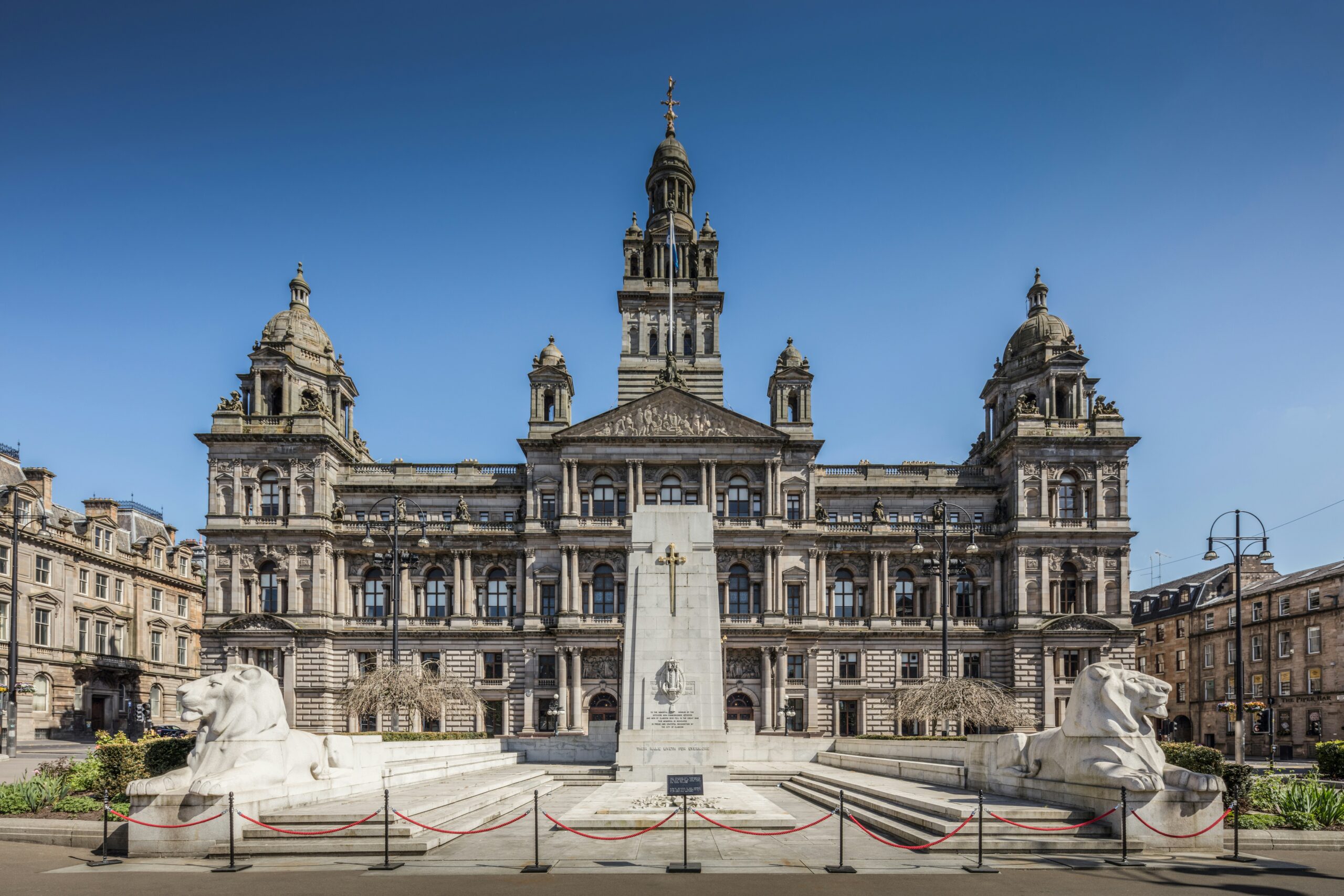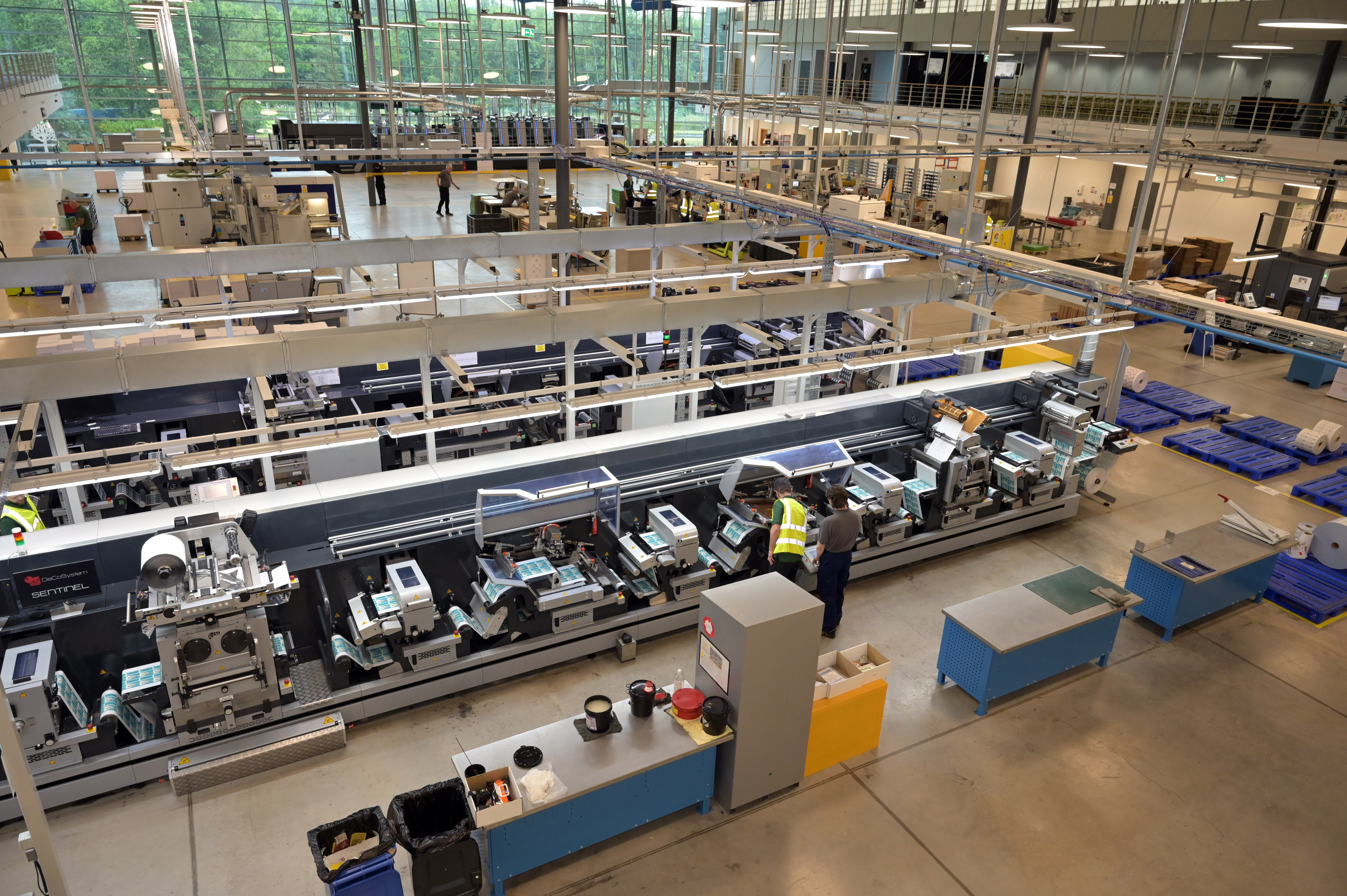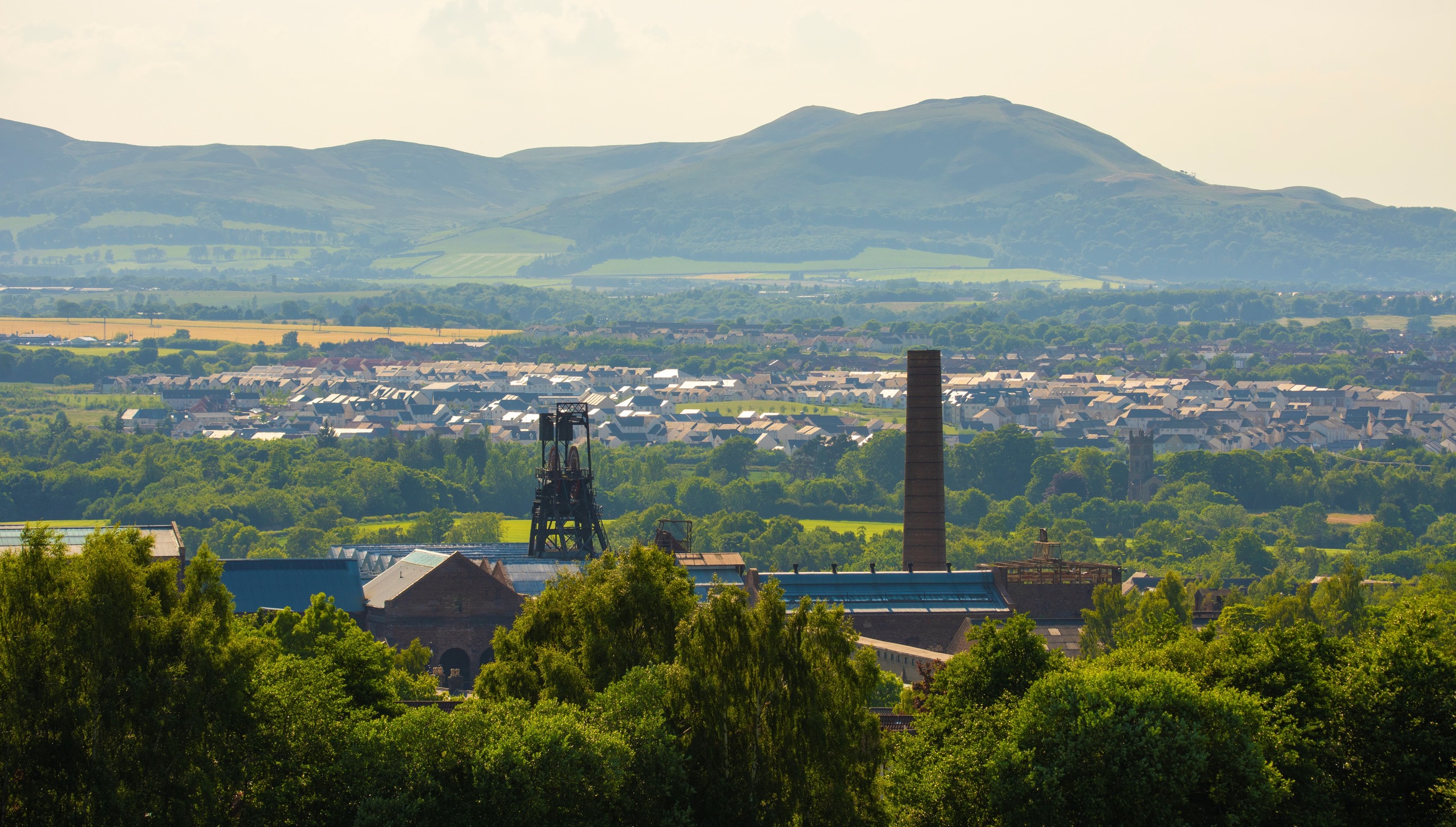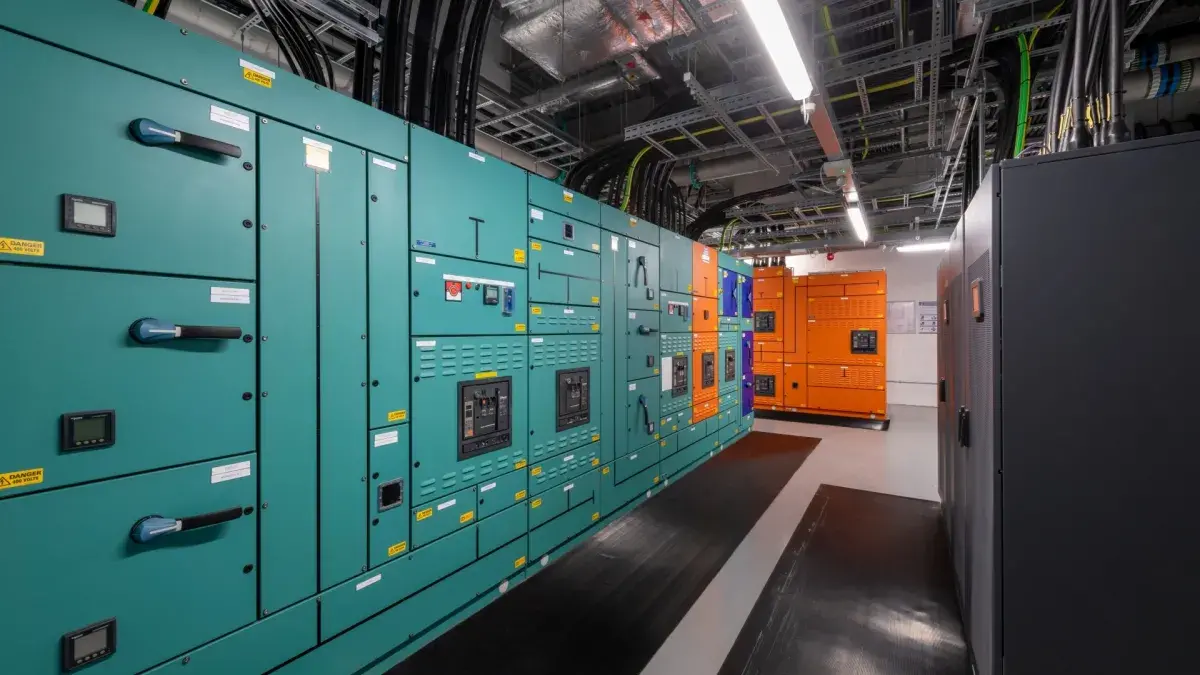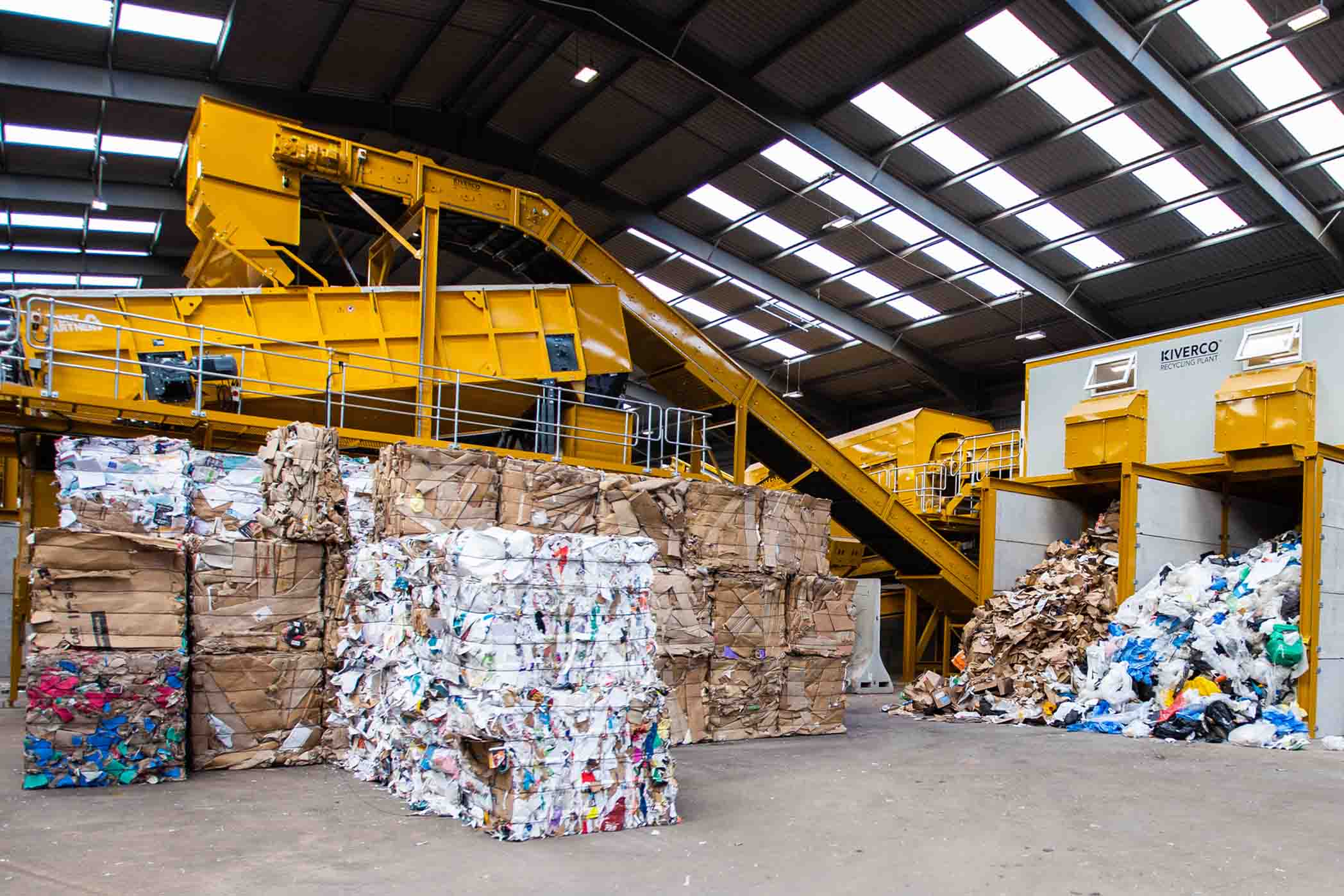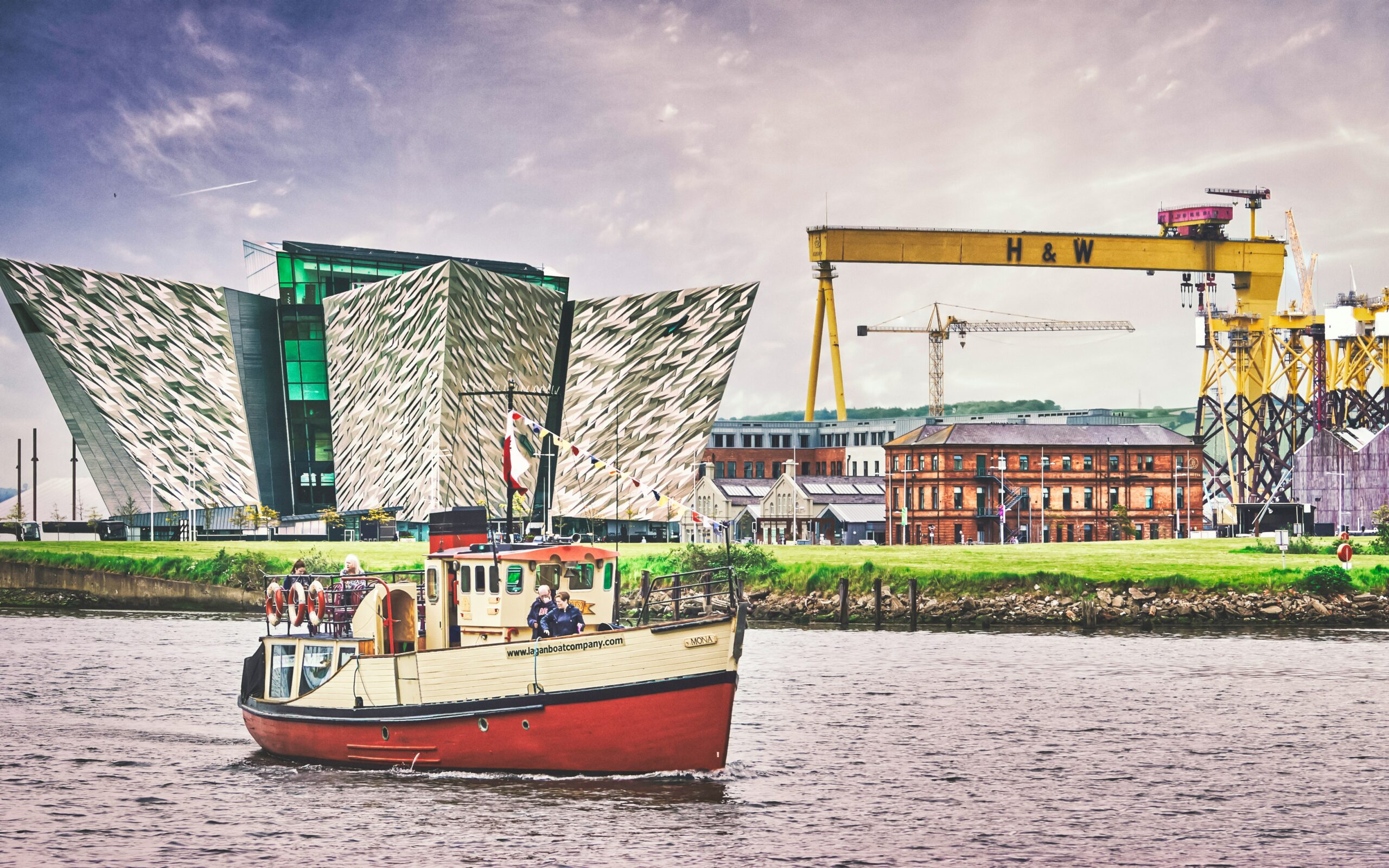What is the global perception of Serbia?

Over the last five years investors saw straightforward and clear economic policies. This means fiscal consolidation, monetary stability and political stability. They have seen Serbia has a clear strategy. There is now a new perception on Serbia’s future. The perception is now quite good. Together with Montenegro, we are leading negotiations with the European Union. Companies are looking at this. Over the past five years Serbia’s government has improved the business climate and supported opportunities for investors. This was translated into a huge improvement in rankings; Serbia is among the five best places to invest in Europe for production and manufacturing. According to the Financial Times, Serbia is the country that attracted the most investments according to the size of the economy. All this shows potential investors that Serbia is an excellent location to invest. Interest is growing, and luckily, the global economy is growing
How is Serbia working to attract foreign direct investors?
The Chamber of Commerce and Industry is doing a lot of road shows. As a chamber we are consistently speaking with companies both regionally and globally. In addition, the President of Serbia is very active, and our Prime Minister tirelessly works to improve the image of the nation with a goal of attracting additional interest from potential investors. What we are doing is we are trying to present them with our success stories. The best way is to show them how someone from their industry succeeded or improved global operations by collaborating with a Serbian supplier.
What are some of the success stories that you have?
Serbia’s automotive sector has successfully developed over the past few years. The first suppliers of the sector began with a low technological base 10 years ago. Slowly we are seeing research and development centers being created, and increasingly see value added manufacturing within the sector based in Serbia. This is also seen in other manufacturing sectors such as in the production facilities of LED lighting systems. Technology is very important for us. As a nation we specifically value investors that work with modern facilities.
How has the pharmaceutical sector developed?
Pharmacy is an important sector for Serbia. We had big investments a few years ago. These factories now produce for about 20 countries and we see increasing exports of pharmaceutical products. Just in Russia, there is an increase of exports year to year, 2016-2017 of nearly 49%. This is huge.
How have Serbian exports been affected by FDI?
Investments that have been developed in Serbia over last few years have driven our exports to grow; just from 2012 to 2017, our exports increased by 59%. For us, it is not only important that foreign companies come here and export, but that domestic companies improve their capabilities to export. Today, our small and medium-sized companies are working in the supply system of bigger international companies. For us, this is very important.
How important is it for Serbian companies to become part of global supply chains?
It was not easy but we now have Serbian companies producing for Fiat, and other international companies. More and more companies in metal or machinery building are searching for middle size companies, producers, as their supplier from Serbia. That is what the Chamber is currently trying to foment. We are proud of this service. At the beginning, it was very hard to find suppliers but now the companies are aware of what they need to do. We are providing the tools and mechanisms needed for companies to be competitive with other companies in the world.
How is Serbia’s IT sector doing?
The information technology sector has experienced rapid growth. Serbian engineers are working to provide solutions for clients in China and the United States. Some companies started with 200 employees, and have expanded to over 2 000. It is a success story and now a victim of its own success. We have excellent employees in this sector and are rapidly trying to meet the increasing demand for more employees by educating the next generations. There is an ongoing development plant to build additional IT centers in Belgrade.This has created a large surplus in trading services. In 2017, it was almost EUR 900 million of total services, and a very big share of the surplus is from the IT sector.


